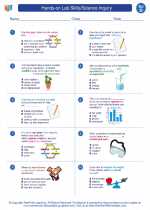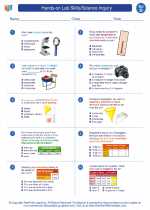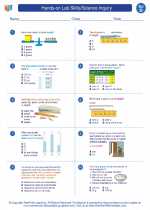What is Evolution?
Evolution is the process by which species of organisms change over generations. It occurs through the gradual accumulation of small genetic variations within a population, leading to the emergence of new traits and, in some cases, the formation of new species.
Natural Selection
Natural selection is the mechanism through which evolution occurs. It is based on the concept that individuals with traits better suited to their environment are more likely to survive and reproduce, passing on their advantageous traits to their offspring. Over time, these advantageous traits become more common in the population, leading to evolutionary change.
Evidence of Evolution
- Fossil Record: The fossil record provides evidence of how species have changed over time, showing the transition from ancestral forms to modern species.
- Comparative Anatomy: Similarities in the anatomical structures of different species provide evidence of common ancestry and evolutionary relationships.
- Genetic Evidence: Comparing the DNA and genetic sequences of different organisms reveals similarities and differences that support evolutionary relationships.
- Biogeography: The distribution of species around the world can be explained by their evolutionary history and the movement of continents.
Types of Evolution
There are several mechanisms of evolution, including:
Human Evolution
The study of human evolution explores the lineage of modern humans from ancestral primates and the development of unique human traits over time. This includes the understanding of early hominins, the emergence of Homo sapiens, and the cultural and technological advancements that have shaped human evolution.
[Evolution] Related Worksheets and Study Guides:
.◂Science Worksheets and Study Guides Fourth Grade. Hands-on Lab Skills/Science Inquiry

 Worksheet/Answer key
Worksheet/Answer key
 Worksheet/Answer key
Worksheet/Answer key
 Worksheet/Answer key
Worksheet/Answer key
